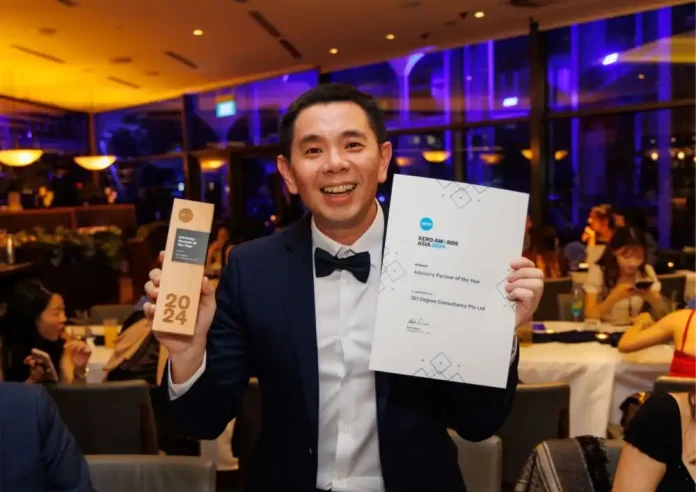“It’s not always about selling the product. Sometimes, the smartest model is selling everything around it — logistics, IP, even the supply chain.” In a high-energy, insight-packed keynote at the Digital Leadership Webinar Summit 2025, Ken Leong, Managing Director of 361 Degree Consultancy, delivered a bold reminder that next-generation business models are less about breakthrough...
RELATED ARTICLES
© NewInAsia.com 2025








